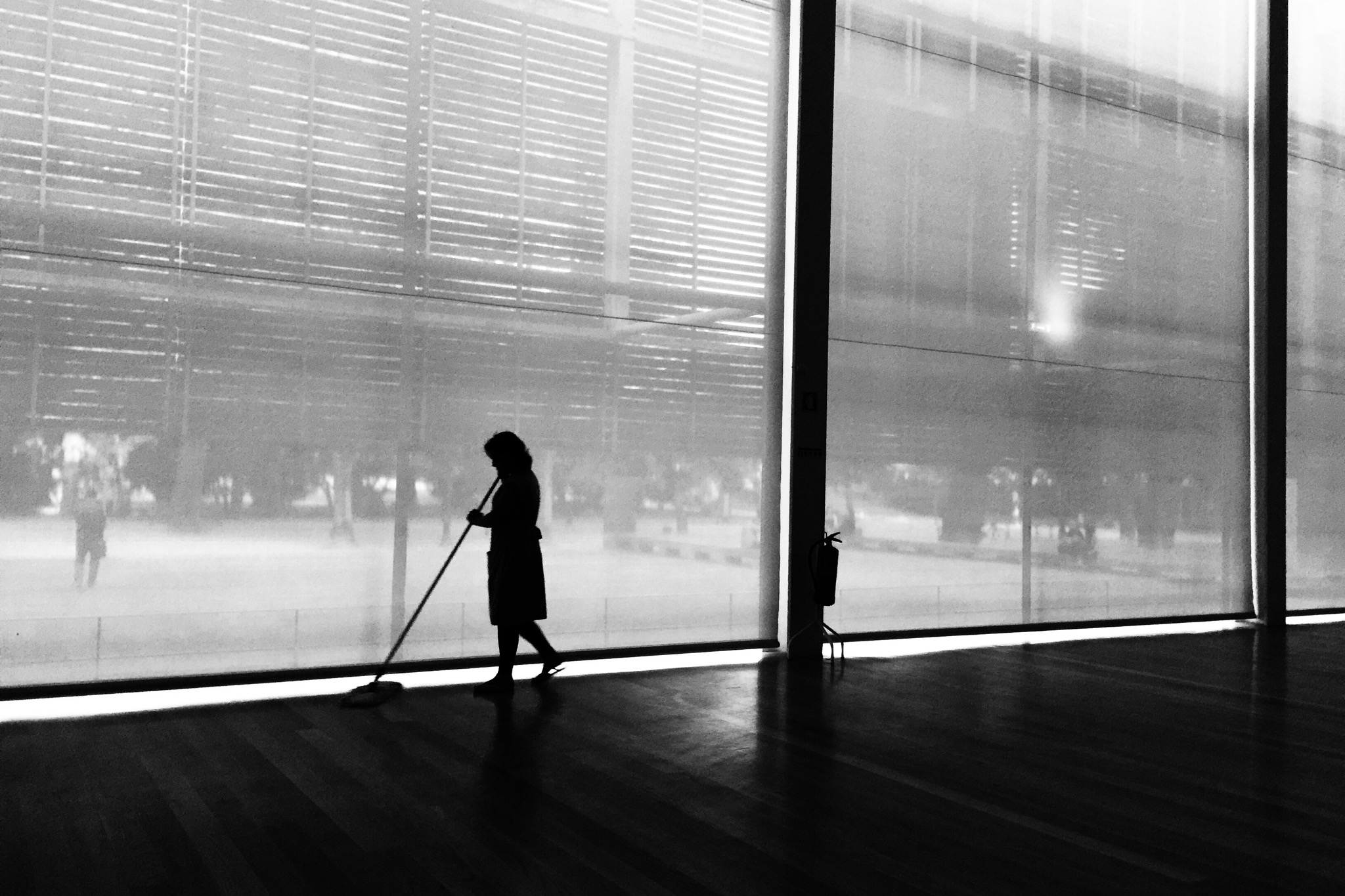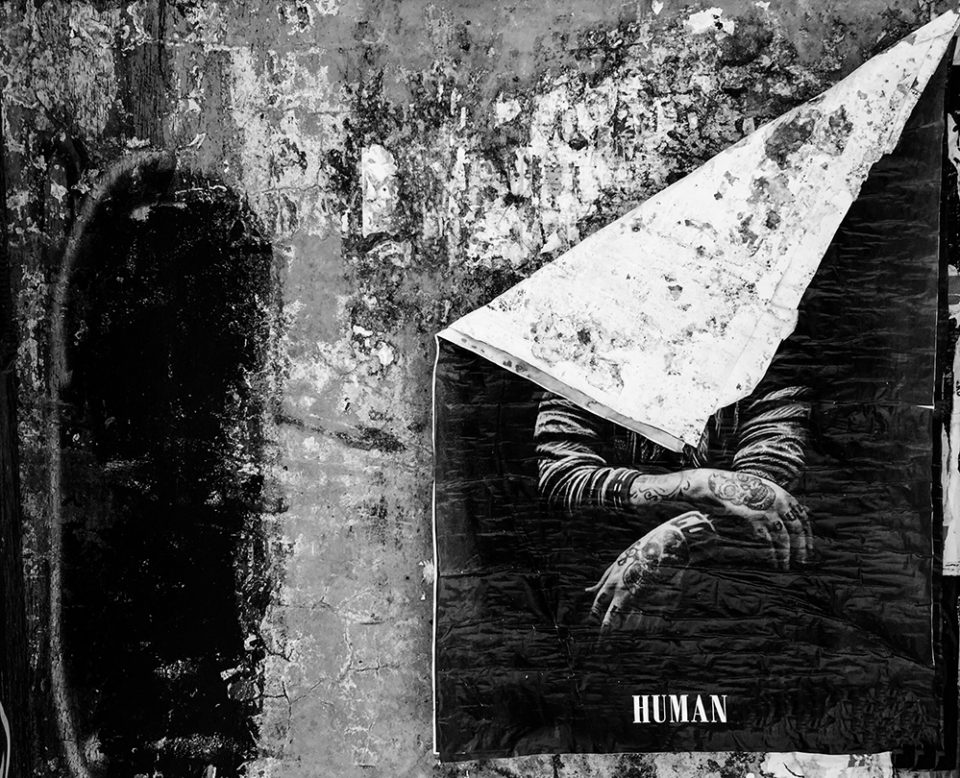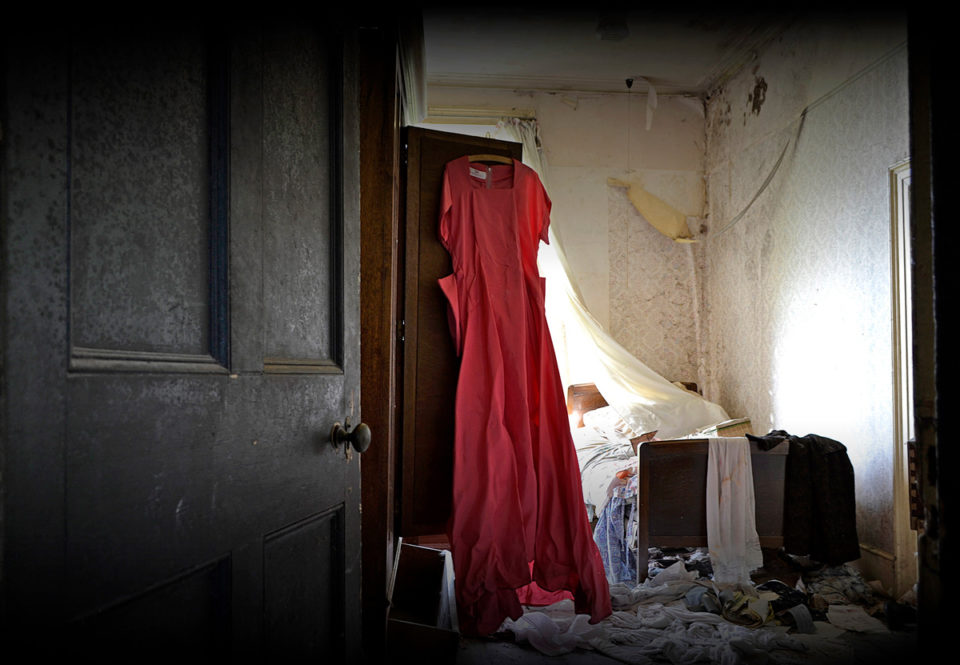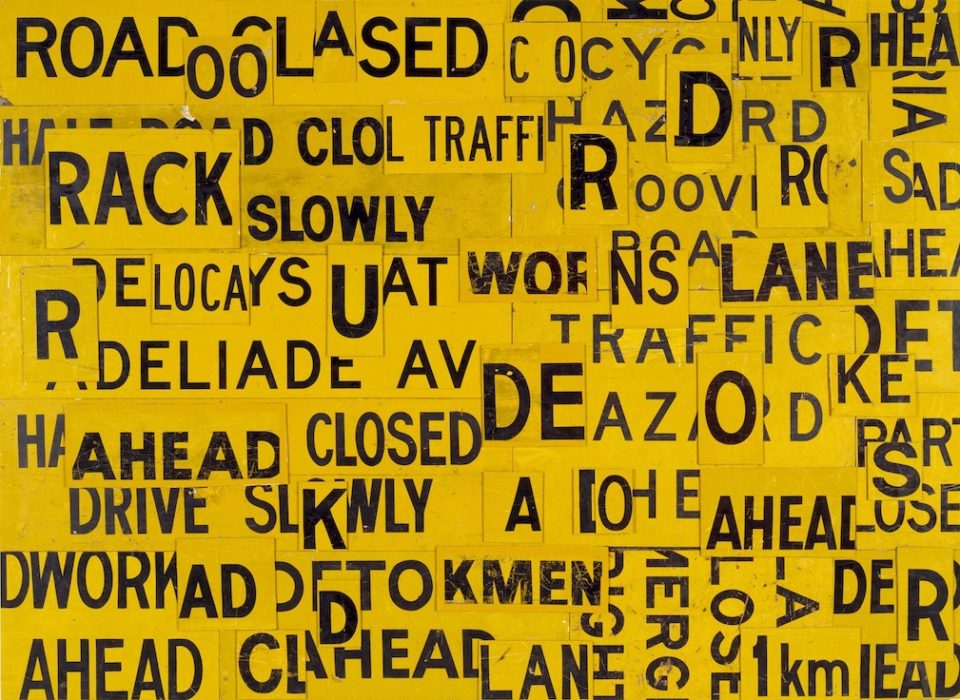“I decided to become an illegal migrant for the sake of my family,” Beatriz* says as she sits beside me on my couch, rubbing her swollen, calloused hands. The 53-year-old agreed to meet me on the condition that this interview take place in my Sydney home, not hers. Beatriz arrived in Australia almost 20 years ago, on a one month tourist visa, knowing that she would be leaving her mother country, the Philippines, for good.
According to an Immigration Department report, Migration Trends 2014–2015, there are an estimated 62,000 people living in Australia whose temporary visas have expired or been cancelled. If reported, Beatriz like many others in her situation, would face immediate deportation.
Beatriz is a certified midwife and clinical instructor with a decade of professional experience. She left Manila in the late 90s, after she and her husband realised they could not afford treatment for her sick parents, as well as schooling for their three children. Although her husband works in the Philippines as a civil engineer, their combined salaries were not enough. She says her family desperately needs her Australian income.
“Life in the Philippines is too difficult; there is no money and no future,” says Beatriz. “If you get sick, you will die because the hospitals will not accept you without money. They will ask for a deposit straight away before they give you treatment.”
Schooling is also a vexed issue. The best education for her children would be a private school but as Beatriz says, “that is too expensive.”
“A lot of teenagers get pregnant young because they have nothing else to do.” She turns away from me. “That’s what happened to my daughter. I now have two granddaughters to support as well.”
To provide for her family, Beatriz worked as a household cleaner in Balmain, Petersham and Newtown before picking up what seemed like better-paying cleaning jobs on Sydney’s North Shore during the day – and working as a dishwasher by night. She tells me that she could not bring herself to work as a nanny and care for someone else’s children when she had left her own. This however, is something that many others in her situation have to do.
When applying for a job, Beatriz is always honest with her potential employers. “I ask them: ‘Is there a problem for you if I am an illegal immigrant?’ And then they say, ‘No problem. We will accept you.’”
For the last 15 years, Beatriz has followed the same daily routine. She leaves her share-home in Sydney’s Inner West at 6.30am to reach the North Shore by 8am, where she works as a housemaid until 4pm. Her second job as a kitchen hand begins at 5pm and lasts until midnight. All her pay is cash in hand. “I call this blood money – I work so hard,” she says.
Beatriz keeps to herself, spending her days going from home to work and back again. She has nothing more in her life. The longing she feels for her family is evident.
“Sometimes I just want to hug my family and feel them hug me back.”
Late one night a few years ago, her phone rang. “My father died. He had prostate cancer.” Beatriz wanted to return for his funeral but couldn’t because she would not have been allowed back into Australia. She has paid a high price for her decision to stay. “I am not really close to my children anymore. I have accepted I am not a good mum, but a good provider.” She holds a tissue to her eyes. “My children would tell me money is not important, but if I didn’t provide them with money how will they eat?”
Now, Beatriz has arthritis and works in constant pain. She tells me she has recently been diagnosed with Lupus and had a pre-cancerous surgery. Via one of her employers, she found doctors willing to help for a fee, no questions asked. Medicare is a dream for Beatriz, all expenses have to be paid for in full.
Beatriz tells me that she knows women in her situation who have been physically abused and treated as virtual slaves. She considers herself lucky. The worst she has encountered is verbal abuse.
“Was it worth it?” I ask.
Beatriz lowers her head. Tears collect at the base of her chin as she utters the word “no.”
*The subject’s name and some details have been changed to preserve anonymity.





